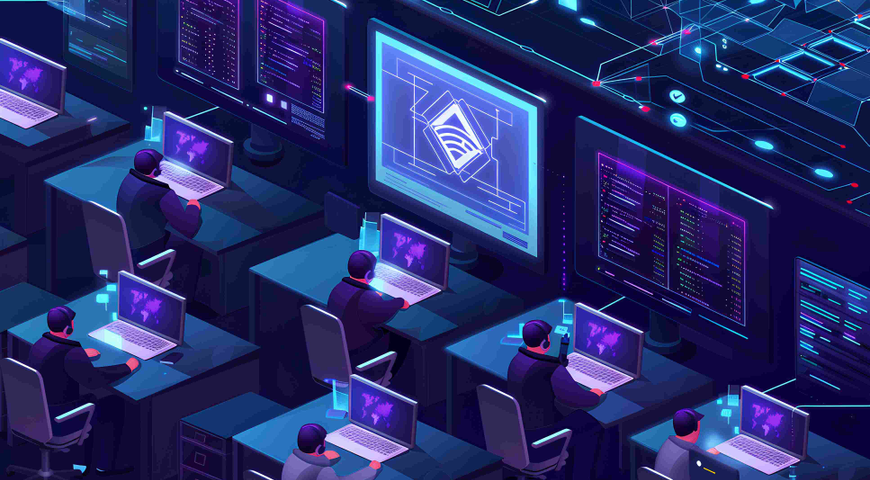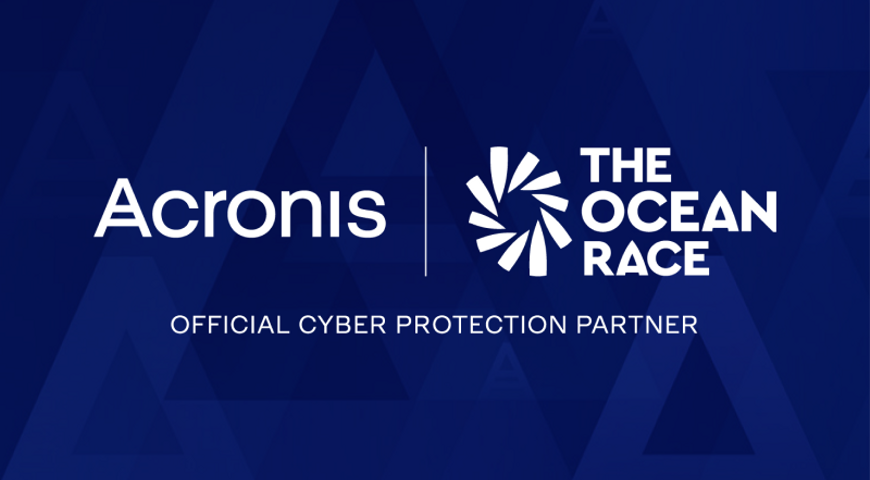The relationship between technology vendors and their channel partners is changing as new tools and trends alter how customers buy, consume and use technology. Gone are the days of long-term licenses and a hands-off approach. Vendors and their partners must now work more closely than ever to deliver value and grow their businesses. David Junca, who leads Acronis’ channel program, discusses how changes in IT are affecting the vendor-partner relationship, the need to let customers in on the long-term vision, and channel partners’ most pressing vendor needs:
What big changes have you seen within the channel?
In the past, channel partners evaluated vendors based on ease of use, ability to easily acquire the product, and profitability. But that’s changing. They are still interested in profitability, but the channel partners now evaluate vendors based on what added value their product would provide to customers.
Channel partners are also integrating products into a set of services. There’s a transition in the industry away from selling a single product to solving specific problems, such as disaster recovery or business continuity. The notion of service will be increasingly important in the future.
How is the shift toward services changing the channel-partner relationship?
Vendors and channel partners are coming closer together and forming stronger relationships. That’s different from the past, when vendors and partners alike sold a product and then would go a year or longer without speaking to each other. Those days are over.
This means that a vendor’s relationship with its channel partners can no longer be merely about educating channel partners about their product offerings. Channel partners require an understanding of the company’s product, of course, but they also need to truly understand the company’s value proposition. They need to understand how a vendor’s product fits in with the other solutions that it sells to customers in the channel. One example is the ability to provide a range of services across diverse environments, including physical, virtual, cloud and mobile — and migration to and from each environment. Channel partners need to provide a more unified approach than they have in the past.
How have the cloud, virtualization and other big changes in IT affected how the channel works with its customers?
Channel partners are changing how they serve customers, especially as the subscription model becomes more of a reality. The subscription model requires channel parters to have a much greater level of proximity to their customers. They need to know their customers better and engage with them in a mid- to long-term vision. It’s no longer practical to sell a long-term license and then disappear.
Alliance plays are also an increasingly important component of how vendors build and sustain mid- to long-term revenues. In fact, one of our enterprise mobility distributors, DMI, bundled a MobileIron solution with Acronis Access to solve the United States Department of Agriculture’s mobile access needs. Combined solutions such as these are an important part of how vendors and their channel partners can better meet customers’ needs.
What can vendors do to support their channel partners in the changing IT ecosystem?
Partners need more demand generation support because of increased competition. When was the last time you bought something you did not want to buy? It’s probably been a long time, and the same holds true for IT professionals. People are looking for specific solutions because of decentralized IT, and channel partners must fulfill the needs of highly educated customers who have a lot of options.
Partners also need creative ways to reach new customers. That includes help with marketing, for example. They want content and tactics that they can leverage. Vendors need to help by providing go-to-market materials that channel partners can share with customers, or social media visibility that demonstrates the partner’s know-how and creates a sense of community.
About Acronis
A Swiss company founded in Singapore in 2003, Acronis has 15 offices worldwide and employees in 50+ countries. Acronis Cyber Protect Cloud is available in 26 languages in 150 countries and is used by over 20,000 service providers to protect over 750,000 businesses.




